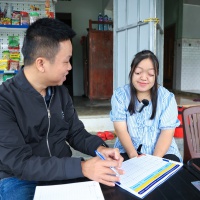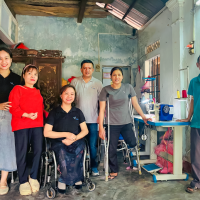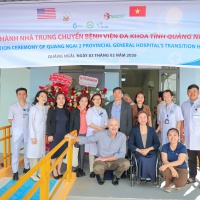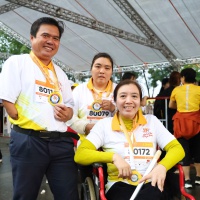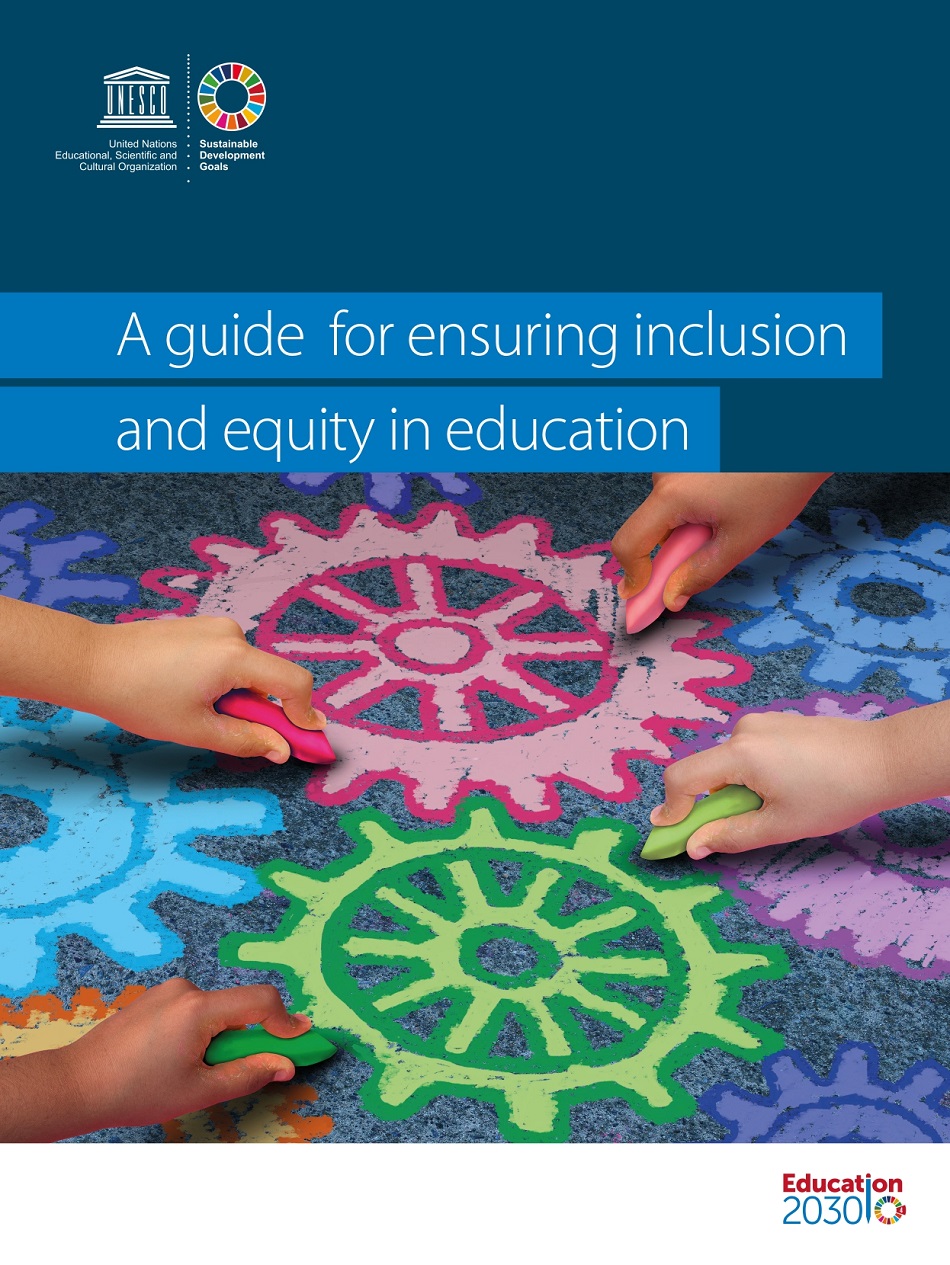
This guide, developed by UNESCO, is designed to support countries in integrating the principles of inclusion and equity into national education policy. Its ultimate goal is to create system-wide change that removes barriers to access, participation, progress, and learning outcomes for all learners.
Main contents include:
Concepts and context:
Based on Sustainable Development Goal 4 (SDG 4): to ensure inclusive, equitable, and quality education for all by 2030.
Emphasizes the message: “Every learner matters – and matters equally.”
Target users:
Education policymakers, practitioners, teachers, communities, and development organizations.
Four-dimension assessment framework:
Concepts: Policies must adopt inclusion and equity as overarching principles.
Policy statements: Legal documents and education leadership must demonstrate strong commitment.
Structures and systems: Resource allocation, support for vulnerable groups, and effective intersectoral coordination.
Practices: Schools should develop strategies to support at-risk learners; teachers must be trained to respond to learner diversity.
Implementation guidance and review tools:
Provides methods for reviewing current policies, building action plans, and monitoring progress.
Global good practice examples:
Highlights successful inclusive initiatives from countries like Lao PDR, Bangladesh, Finland, Viet Nam, etc., offering contextual learning for diverse education systems.
Key value:
This guide is more than a theoretical framework—it is a practical tool that helps education systems transform so that no one is left behind—especially learners disadvantaged due to disability, poverty, gender, ethnicity, or other factors.
